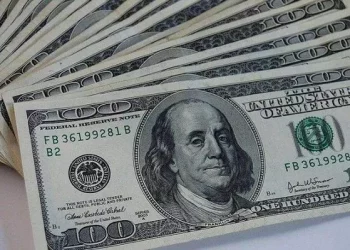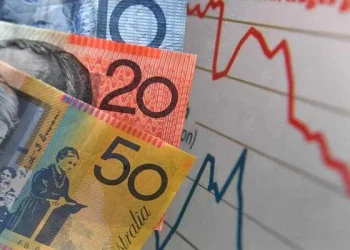Each party to a futures contract is given its own rights and obligations, unless counteracted by a contrarian contract, which shall be exercised on the expiry date;
While the option is a one-way contract, the buyer has only rights but no obligations, and the seller has only obligations but no rights.
In terms of trading content, futures trading is a standardized contract to pay a certain amount and grade of physical commodities in the future.
Foreign exchange options trade in rights, that is, the right to buy or sell a subject at a fixed price in the future.
A commodity or asset traded in exchange for delivery at maturity unless the futures contract is sold before maturity;
On the other hand, the exchange option can not be delivered at the expiration date, which makes the option contract invalid after expiration.
In a futures contract, the delivery price of the subject matter (i.e., the futures price) changes at any time due to the strength of supply and demand in the market.
In an option contract, the strike price of the subject is determined by the exchange and chosen by the trader.
On an exchange, no margin is required for the buyer of an option.
The seller of an option needs to open a margin account on the exchange;
In FUTURES trading, BOTH THE BUYER AND THE seller need to pay the margin, and daily calculation of the loss to determine the margin to pay up the insufficient part or return the excess part of the margin.
Options and futures traded on exchanges have the same level of liquidity;
Over the counter, options contracts are much less liquid than futures contracts.

























